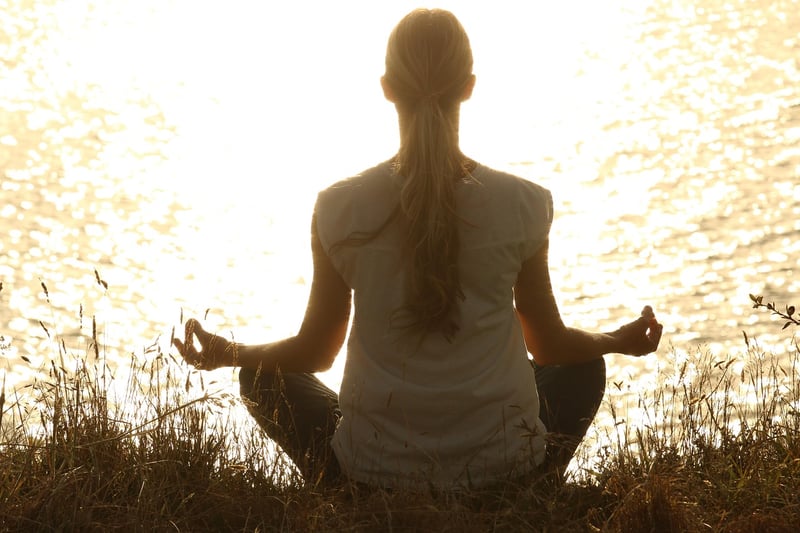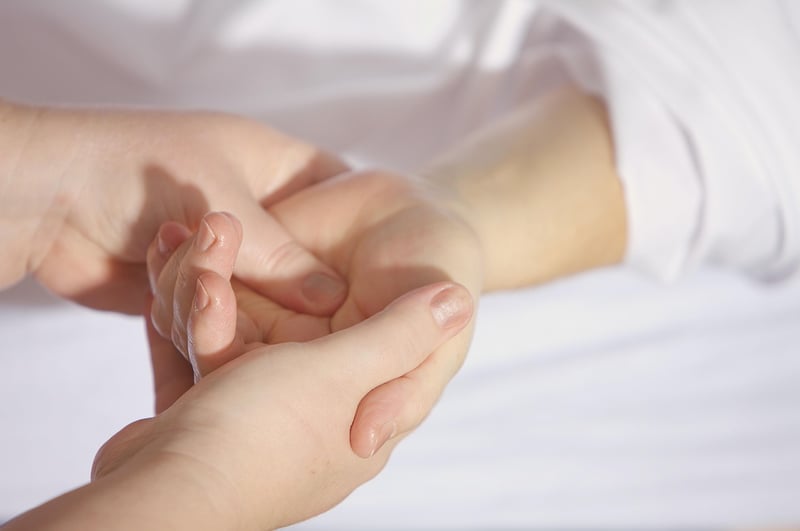Restorative
The Importance of Physical and Mental Balance for Restorative Well-being
Life can be hectic, with numerous demands pulling us in different directions. In the midst of these challenges, it is crucial to maintain a balance between our physical and mental well-being to achieve a sense of restorative calmness and harmony.
Physical Well-being
Physical well-being encompasses various aspects of our health, including exercise, nutrition, and adequate rest. Regular physical activity not only strengthens our bodies but also releases endorphins that improve our mood and reduce stress. Additionally, a balanced diet rich in nutrients provides the fuel our bodies need to function optimally. Adequate rest and sleep are equally essential for physical recovery and rejuvenation.

Mental Well-being
Our mental well-being is just as important as our physical health. Practices such as mindfulness, meditation, and deep breathing techniques can help calm the mind, reduce anxiety, and improve overall mental clarity. It is crucial to prioritize mental health by engaging in activities that bring joy, practicing self-care, and seeking support when needed.

Restorative Practices
Combining physical and mental well-being practices can lead to a restorative lifestyle. Yoga, for example, integrates movement with mindfulness, promoting flexibility, strength, and inner peace. Spending time in nature, journaling, or engaging in creative pursuits can also be restorative activities that nourish both the body and mind.
Benefits of Balance
- Improved overall health and vitality
- Enhanced mood and emotional well-being
- Increased resilience to stress and challenges
- Greater sense of peace and contentment
By prioritizing physical and mental balance, we can create a foundation for restorative well-being that allows us to navigate life's ups and downs with grace and resilience.
Remember, taking care of yourself is not a luxury but a necessity for a fulfilling and harmonious life.
